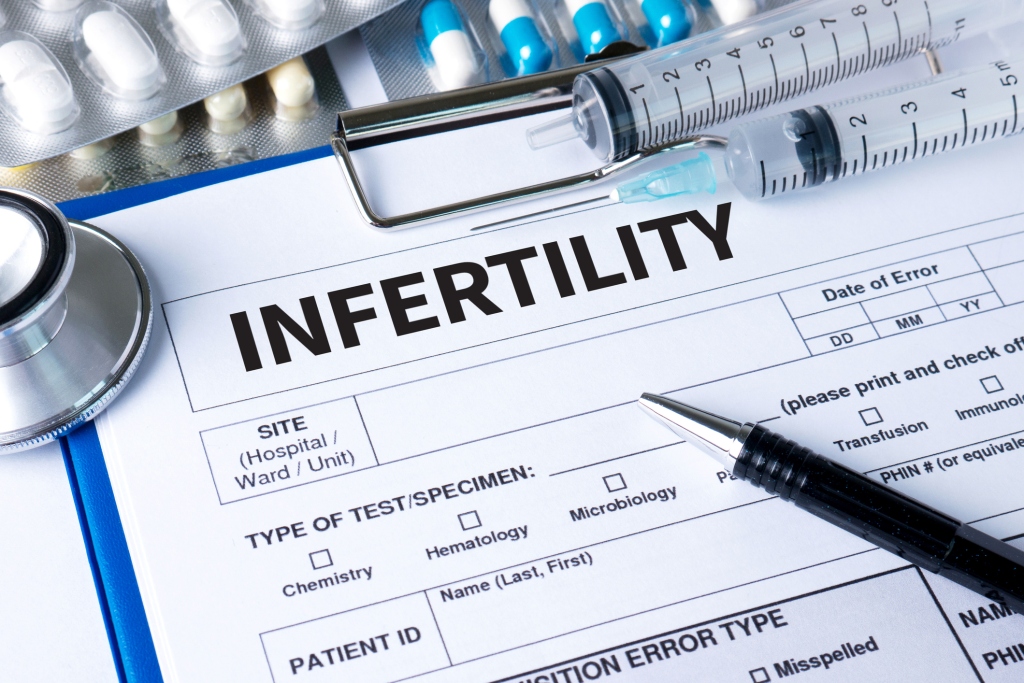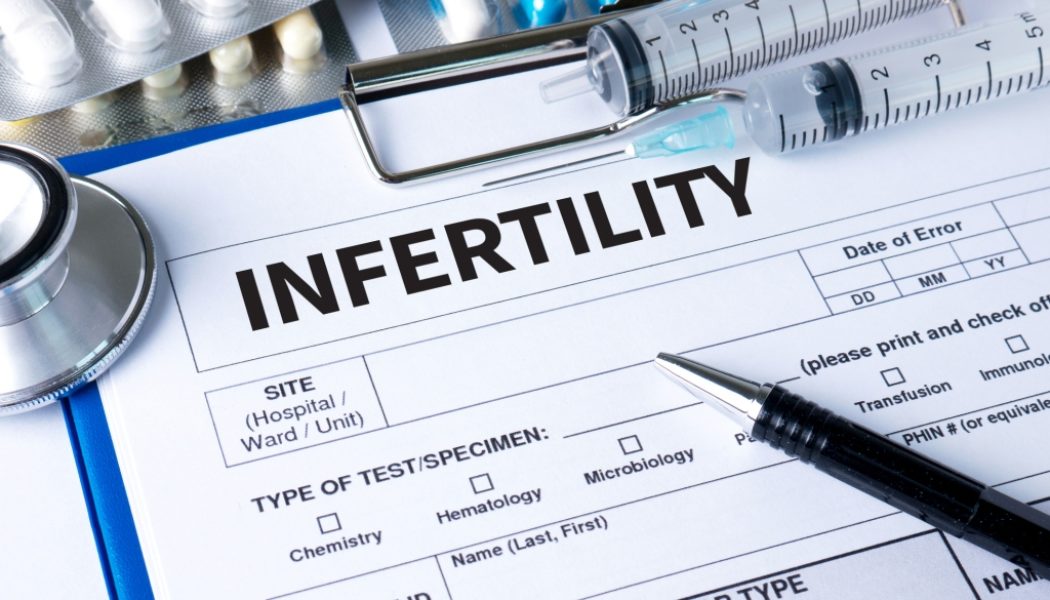The decline in male fertility is an ongoing issue, and lifestyle habits are at the crux of why some men’s sperm counts are in decline.
The concentration of active sperm in male semen has collapsed by more than 50 percent over the last five decades, and the modern way we live is a contributing factor.
While women’s infertility struggles are part of the cultural conversation, men don’t get the same scrutiny. But if you look at the data, they are just as likely to struggle.
Fertility specialist Dr. Raelia Lew told news.com.au “Men are often surprised that fertility problems can be of a male origin.”

“Our society often associates fertility to be a feminine issue and 50 percent of infertility factors are, in fact, associated with male partners.”
Sydney couple *Jake and *Bella are in their very early 30s and visited a fertility specialist this year after trying to conceive naturally for just over 12 months.
The couple participated in routine tests, and while Bella’s fertility was looking open for business, it was discovered that Jake’s sperm had 38 percent damage.

Damaged sperm has reduced fertilization potential, can contribute to a higher miscarriage rate and produces poorer-quality embryos.
Their specialist advised that he make some simple lifestyle changes and return in three months to see if that could reverse the damage.
The direction wasn’t anything drastic, just the ordinary things you assume align with good health. So, cutting out fast food, embracing daily exercise and quitting smoking.
Jake took the advice seriously. He eliminated alcohol, started hitting the gym, quit smoking and vaping and gave up on his obsession with McDonald’s.









